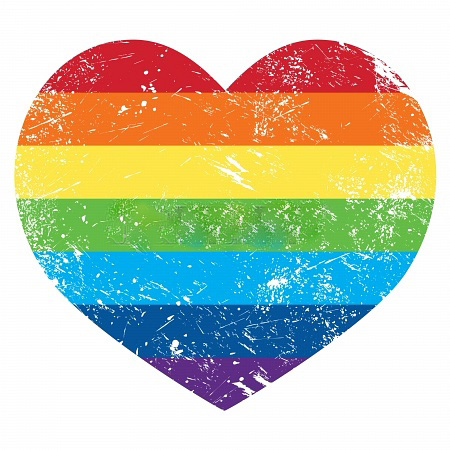When I was ordained as an interfaith minister in 1985, I was charged with the responsibility of ministering to all regardless of race, creed, color, situation, circumstance, or environment — in other words, to serve without prejudice. Isn’t this what we should really be asking of our “public servants” — i.e. politicians and elected officials who are seeking to influence the laws of “our” land? I am personally delighted that the issue of gay marriage is challenging how our social norms and laws attempt to disempower and limit the freedom of those who are being marginalized — i.e. rejected instead of respected as fellow members of our society.
By ruling on the gay marriage, our Supreme Court is being asked to honor a higher authority than the personal preferences of those who are most influential in getting our elected officials re-elected. In fact the agenda is twofold. First is to legitimize the legal right for gay couples to have access to all the mental, emotional, spiritual, legal, financial, and social benefits of marriage. In addition, it also challenges the authority previously held by lawmakers and social norms to legalize prejudice against a group of citizens who are not considered representative of the preferences of the power brokers of our society. This is simultaneously an issue of the legal rights of a marginalized group and a matter of serving notice to our public servants that they are responsible for serving all of us — not just those they prefer.
The bottom line issue here is not whether or not gay marriage should be recognized, but whether or not our system should condone and legalize prejudice. I believe that nothing is more important here than loving, honoring, respecting, and serving one another. It is time for us to turn this issue inside out and ask ourselves what right do we have to marginalize one another?
Consider these words from Sample Ceremony #3: Celebrating Our Oneness While Honoring Our Differences in the second edition of my book, The Wedding Ceremony Planner: The Essential Guide to the Most Important Part of Your Wedding Day:
For over twenty years, I have been officiating wedding ceremonies for all kinds of couples.One thing that has always impressed me
is that when a couple’s union challenges
what we are used to,
we are presented with the choice
to either rise to this challenge
or to hold tight to our limiting beliefs.Whether bridging the gap between
different races, cultures, religions, or age groups,
or being more similar than we are used to
as in couples of the same gender,
these couples have a freedom
that many of us lack.
They are available to love
regardless of race, creed, color,
situation, circumstance, or environment.
There are no walls around their hearts
that prevent them from allowing
love to occur. . .What an interesting lesson for the rest of us.
How would our individual and collective lives
be different if our hearts were also unbound
by rules and beliefs that we must only love others
who are quite like us, but then, not too much like us?I celebrate . . . all couples who challenge us to unbind our hearts
and render ourselves vulnerable
to the power and possibilities of love.
May we rise to the best that is within us in responding to this challenge.






